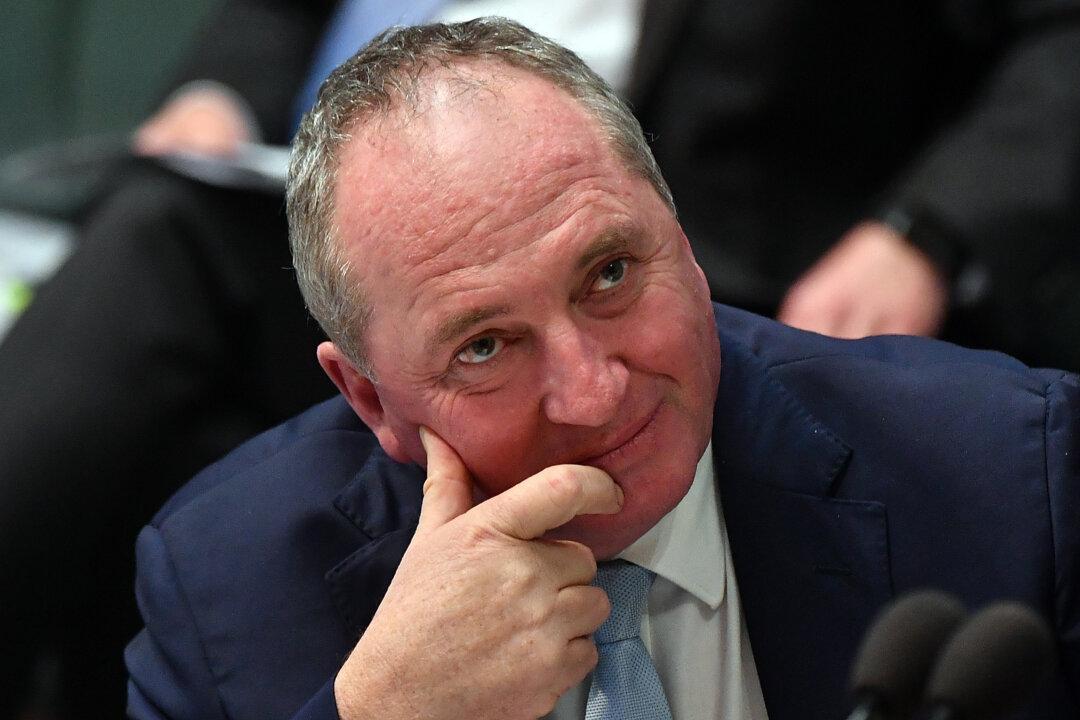As the new independent federal anti-corruption commission begins operation in Australia, there are already claims that political parties are weaponising the watchdog to further their goals.
In an interview with Seven’s Sunrise program, Nationals MP and former deputy prime minister Barnaby Joyce alleged that the Australian Greens party had politicised the commission after one of its senators made an immediate referral on July 1.





